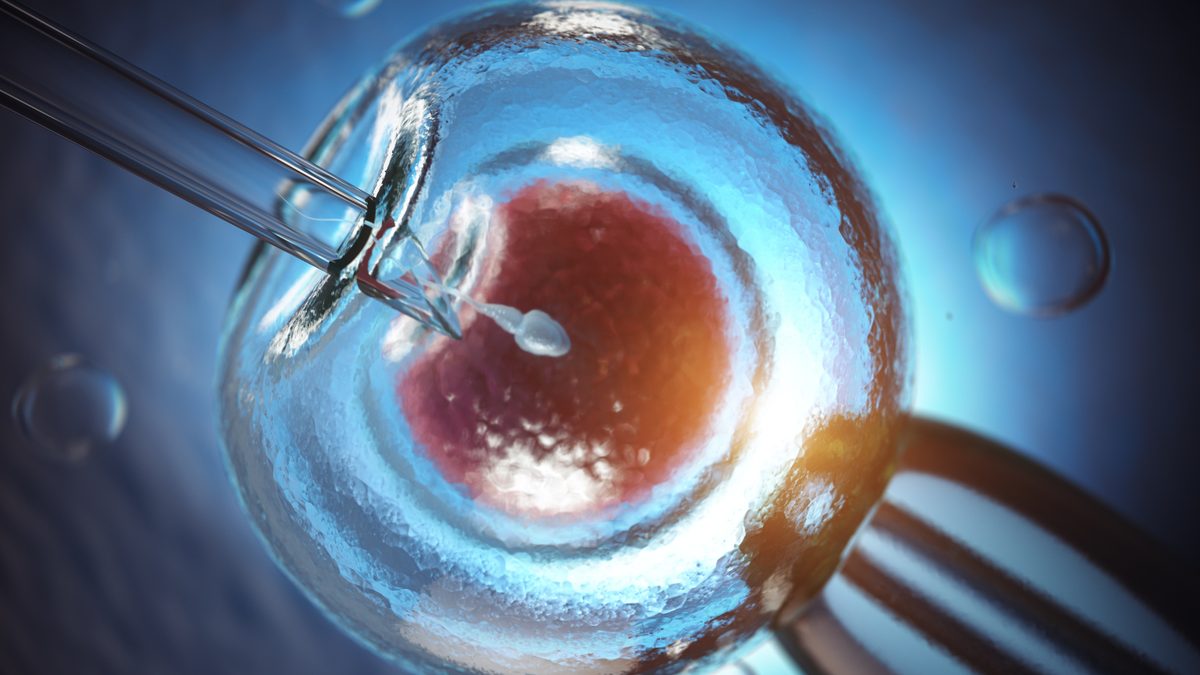Treatment for Male Infertility in India

What is male infertility?
Traditionally, infertility has been misunderstood as a woman’s problem. However, advancements in the medical science have proved that out of three infertility cases, one is due to male infertility. The reason for the fertile female’s inability to get pregnant is male infertility. Often, this is due to problems with his sperm production or delivery.
The male reproductive system creates, stores and transports sperm, which is made of tiny cells. Chemicals in the body called hormones control them. Testosterone, the male sex hormone, and sperm are made of two testicles. Male fertility depends on how the body makes normal sperm and delivers them.
Clinically, male infertility refers to a man’s inability to cause pregnancy in a fertile female. Low sperm production, sperm disfunction, blockage or other identified reasons may cause infertility in men. Multiple medical conditions and factors could be contributing to infertility in a person. A man’s sperm may be infertile due to hormonal problems, hormone levels, or occasionally undetermined causes.
How common is male infertility?
A complete lack of healthy sperm count occurs in 10% to 15% of men who are medically termed as infertile. The most common problems leading to infertility in men are issues that affect how testicles work. Other factors that contribute to infertility in men are blockage in the male reproductive organs and hormone imbalances. The cause for male infertility cannot be determined in about half of the cases.
What causes infertility in men?
According to WebMD, “male factor” is a significant contributor to infertility in men, nearly half the time. One-third of the time, it is the sole and main reason for male infertility. Often, the issue lies in the process of making or moving the sperm.
Some of the most common causes of this condition include:
- Varicocele: This correctable male infertility is nothing but an abnormal bunch of bulging veins above testicles. They account for about 38% of cases.
- Undescended testicles: A testicle is considered as undescended when it does not move into its proper position. It causes infertility when the testicles housed in the scrotum reflect the body temperature and failed to lower it.
- Infections: Orchitis, prostatitis, or infections elsewhere in the body that cause fever
- Chemotherapy: A therapy used to treat cancer
- Medication: In-take of medication such as anti-seizure or anabolic steroids
- Hormone: Hormonal imbalance
- Genetic: Abnormalities in genes due to hereditary or in some cases without a history of genetic abnormalities within the family
In some instances, these issues can be reversed, and in other instances, they cannot. However, a physician is the only way to evaluate and to sort it out.
Other causes of infertility in men include:
- Retrograde ejaculation: It happens when semen ejaculates backwards by going into the bladder instead of being ejected out of the penis. Commonly due to previous surgery
- Absence of vas deferens: Vas deferens is the main sperm pipeline. It may absent due to a genetic problem.
- Obstruction: It may occur anywhere between penis and testicles.
- Antibodies: It causes male infertility when they abnormally attack sperms on their way to the egg.
Is there any treatment for infertility in men?
Infertility in men can be treated and cured to an extent. There are a lot of infertility treatments available to cure infertility in men and women. However, a physical examination is required to determine the cause of infertility. It is important to identify the problems in penis, vas deferens, epididymis and testicles. This is followed by a semen analysis at the lab. The semen analysis is pivotal in identifying things that hurt or help fertilization. Based on the results, a transrectal ultrasound test may be required to find problems in the ejaculatory duct.
The physician may recommend the following tests additionally in order to identify the cause of infertility in men:
- Scrotal ultrasound
- Hormone testing
- Post-ejaculation urinalysis
- Genetic tests
- Testicular biopsy
- Specialized sperm function tests
A testicular biopsy is engaged when the sperm count is either low or absent. It is done in an operating room by administering local anesthesia. Considering the patient’s food habits, health issues and follicle-stimulating hormone, a hormonal profile will be created.
The treatment routine depends on the cause of male infertility. There are three types of infertility treatments prescribed to a patient:
- Surgical therapy
- Non-surgical therapy
- Treatment for undetermined causes
Treatment for male infertility in India and other benefits
The awareness about the male infertility and the treatment for infertility in men has grown over years. People started accepting the truth that this problem cannot be hidden away but requires medical attention. Treatments for male infertility include:
- Surgery (e.g., a varicocele can be corrected surgically)
- Treating infections through antibiotics
- Treatments for sexual intercourse problems
- Hormone treatments and medications
- Assisted reproductive technology (ART)
India is renowned for being an inexpensive tourist destination. It is increasingly becoming a hotspot for medical tourists who choose India for both long- and short-term fertility treatments. A typical non-surgical treatment takes only a few hours to a day. On the other hand, long-term treatments range from weeks to months. In comparison with western countries, diagnosis and prognosis of male infertility often are inexpensive.
Texila Medicare in India
Often, people find the most valuable information about infertility treatment, better facilities and physicians only at the end. Finding the best andrologist is a challenging task, especially in a country like India with diverse states and cities.
Texila Medicare understands the need of their clients and fills the gap between individuals and medical service providers. It delivers personalized and affordable medical services to international patients. Texila has partnered with the country’s best medical service providers and growing at a faster pace. Backed by Texila American University Consortium, Texila Medicare has a deeper understanding of medical services it offers.




